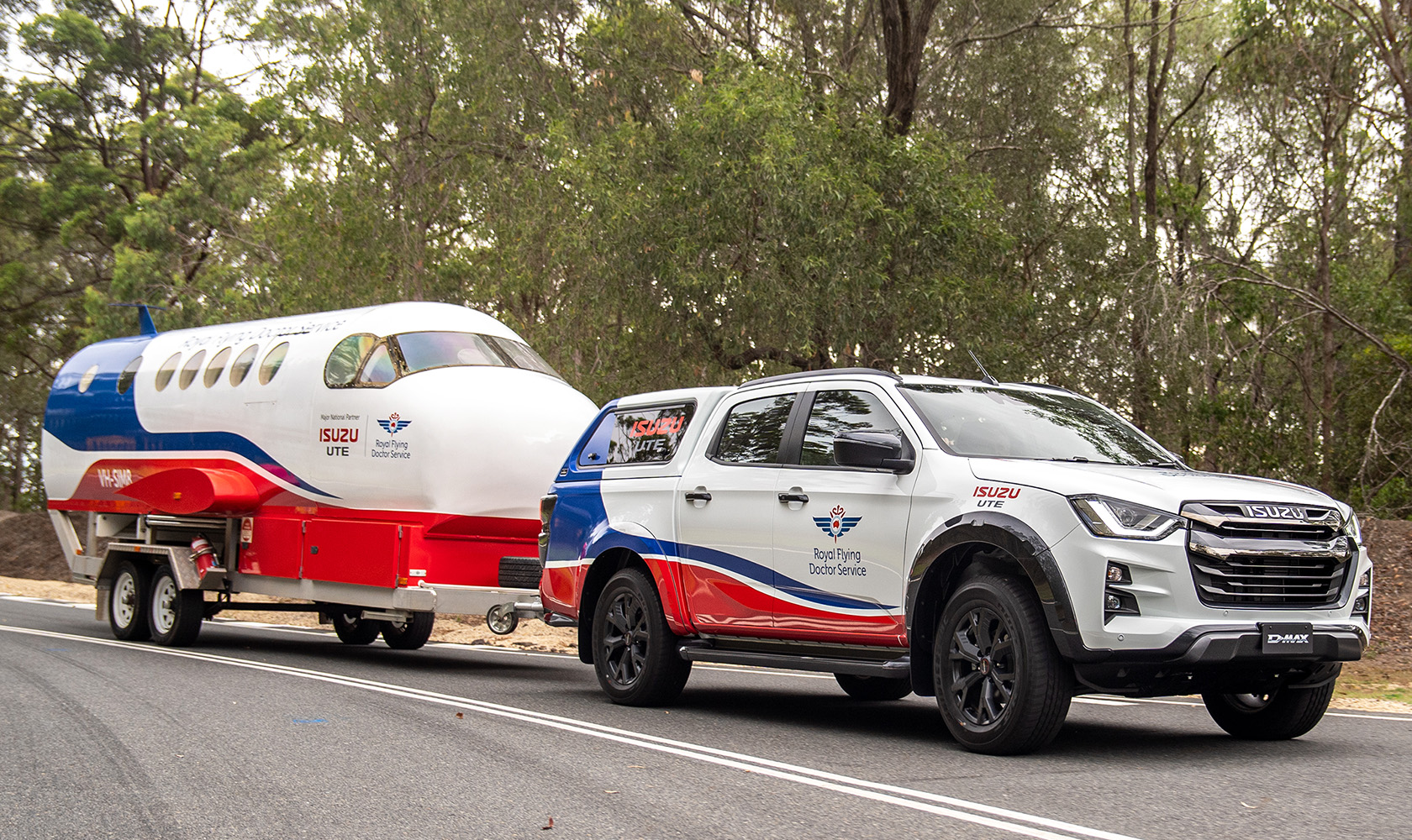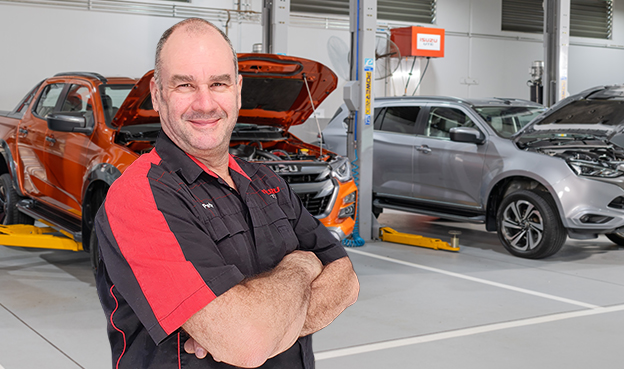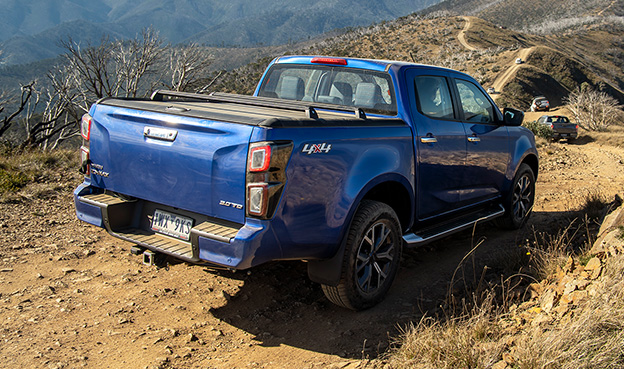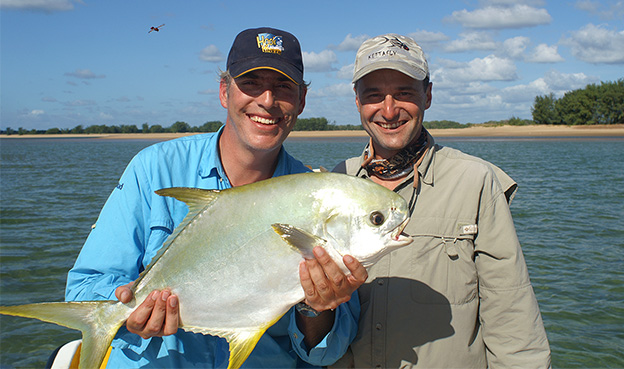

Could there be a tougher bloke, with a more Australian story, than the chap that John and Kym Warner met in Roma, Queensland?
The pair are one of two couples who shuttle the Royal Flying Doctor Service’s state-of-the-art training simulators across the country, dropping in to schools, ag shows, country fairs and other assorted community events.
“When you’re in the Outback every second person has used the Flying Doctors, so it’s really easy to engage with the community,” says Kym. “And they really appreciate us getting out there and supporting them as well.”
As a consequence, John and Kym—who has worked for the RFDS since 1994— along with tag-team cohorts Pierre and Jennifer Fabre, draw a crowd wherever they go. And everyone has a story.
“One time we were stopped by a lollypop girl in the middle of nowhere and she said, ‘Gee, I owe my life to your mob!’” says Pierre. “She said, ‘I was kicked by a horse and the Flying Doctors took me from Charters Towers to Brisbane and saved my life’.”
There was the guy who fell out of his camper-trailer and broke his neck out near Wallumbilla and documented his entire RFDS journey with selfies. The lady who told John she’d been born in an RFDS plane somewhere above Western Australia, so on her birth certificate they recorded where she landed. “She’s into aviation now and her daughter is following in her footsteps,” he says.
And then there was the man from Roma. “He was walking home from work when a kangaroo kicked him,” says Kym. “He didn’t realise the extent of it until he got to the house and his foot was pointing backwards. He’d dislocated his ankle.”
“We think it was in the dark and he didn’t realise how bad it was until he got under the lights and looked down and thought, ‘Oh, I’m really badly injured’.”

A genuine Australian icon and one of the country’s best-loved institutions, the RFDS’s national network includes 23 bases, 79 aircraft and 183 road transport vehicles and mobile clinics. All of which is supported by more than 2,300 staff members. As part of a long-term partnership, Isuzu UTE is proud to support the cause with a fleet of Isuzu D-MAX and MU-X vehicles to help the RFDS further their invaluable work.
“Just driving the simulator up and down the road is an experience,” laughs Pierre Fabre. “We get people tooting and waving at us and pulling up alongside.”
“It certainly stands out on the highway, that’s for sure,” says Kym. “Everywhere we go, even if it’s just a picnic in the park to have a pitstop on the way, we have people approaching us constantly. They say, ‘Ooh, that’s a weird caravan’, haha! At the Chinchilla Roadhouse the other day all the ladies came out and took photos.”

The reception is just as warm at schools. “The students love it!” says Kym. “We drove into Charleville yesterday and all the kids were shouting, ‘There’s the plane, there’s the plane!’”
The flight simulators look just like a real plane inside, with functional stretchers and paraphernalia, and provide a chance to enjoy an environment most only enter in more distressing circumstances. It’s a privilege, says Pierre, to be able to drive with such an iconic piece of Australia.
“When we go through the schools, out of the 200 kids who come through you know that one or two will say, ‘Yep, this is for me’, and they’ll grow up to be a nurse or a pilot or something,” he says. “You get a real kick out of it.”
Which is definitely better than a kick from a roo. No matter how tough, or Australian, you are.
For more details about the partnership between Isuzu UTE Australia and the RFDS, visit the Royal Flying Doctor Service Partnership Page. You can also support the RFDS by making a donation using the link below.
Donate to the RFDS





